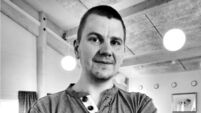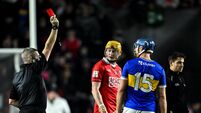Heath: Bloody Sunday set peace back 30 years
Former British Prime Minister Ted Heath today bluntly denied that the Bloody Sunday killings were planned and covered up by the British government.
Such allegations were “absurd“, Mr Heath, 86, told the Bloody Sunday Inquiry, sitting in central London.













